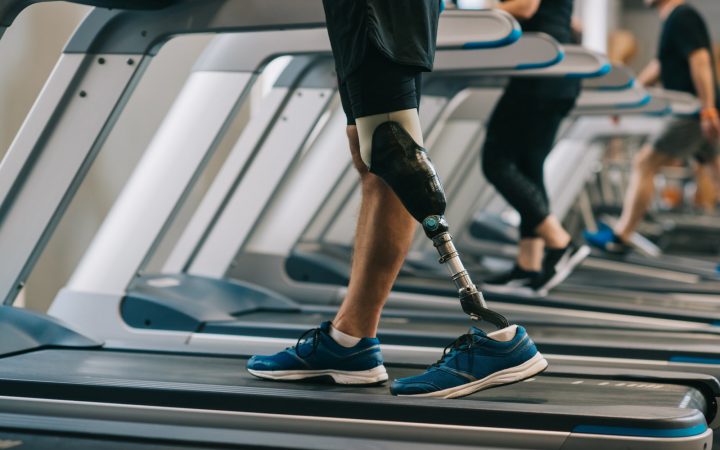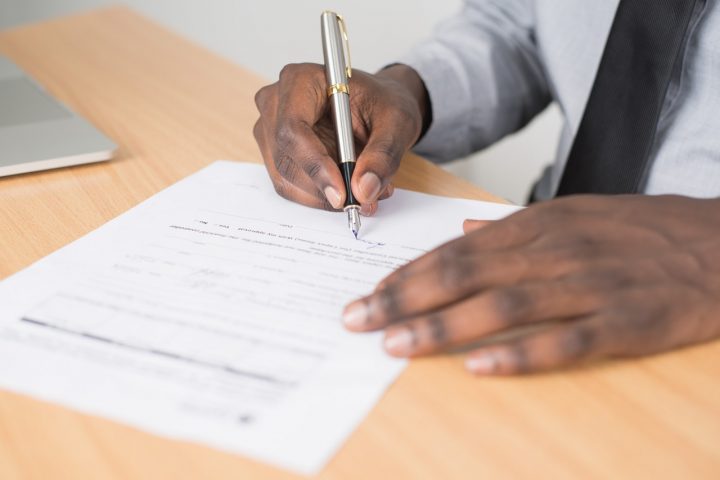Losing a loved one is incredibly hard. It doesn’t really matter if the death was expected or out of the blue, the sadness that is felt by those closest to the deceased can take on many forms, but is ultimately felt in the strongest sense as grief. There is no easy way through the grieving process, nor is there a set way of coping in such a difficult time.
Family members and friends who have lost loved ones may find that their grieving process aligns with the much-referenced seven stages of grief. However, these are states of mind in the most general of terms and don’t account for finding the best way through. For that, you simply have to forge your own path. There may not be a specific way of approaching the seven stages of grief, but there is help available in coping‚Äîespecially with the wrongful death of a loved one.
If the loss was classed as wrongful death.

When a loved one loses their lives in wrongful death, the pain of the loss can have an extra sting to it. The sudden death of a person is always going to be a shock, but if this was due to negligence, there is often an extra feeling of betrayal and disbelief that a loved one has lost their lives by way of another. A victim of wrongful death also has rights, however, and there will be an evaluation of how and why this happened. Until that time, you need to allow yourself to grieve and find the different ways to get through the initial shock—even if that will require professional help.
Teletherapy: a different way of dealing with sudden death.
Due to the coronavirus, psychologists, grief counselors, and psychiatrists have moved from seeing patients and clients in-person, to a teletherapy platform. Teletherapy services are much the same as therapy sessions would be, except that they take place over telecommunication devices like video chat apps on smartphones and tablets. Originally intended for providing medical care to people who live in rural areas, a greater focus has been put on the teletherapy platform recently, as restrictive measures have been introduced to limit the spread of Covid-19. Although it is a compromise by professionals to still deliver mental health therapy and services, teletherapy-based sessions can take place in any place and at a wider range of times, and thus create more accessibility for people who are grieving.
The legal side of the loss.

There is an extra element that will always be there when you are coping with grief after wrongful death of a loved one. Legally, wrongful death can only be caused by a person or persons, who have completely failed in their ability to provide a duty of care. When prisoners die in custody, despite the promise of constant surveillance, or when patients lose their lives as the result of medical malpractice and negligence, then there is the basis for a wrongful death claim by the surviving family members. Wrongful death can also be through manufacturer’s error, or where any assumed safety has broken down, resulting in loss of life.
At the end of the day, hospital and custodial administration services budget a large amount of money into insurance against such claims, and on many occasions, the wrongful death lawsuit is settled out of court. However, different states have different statutes of limitations. Whilst for many, it tends to be three years, it is not advisable to wait too long after the death to begin legal proceedings.
Though this course of action won’t bring your loved one back, you can at least find some semblance of closure in justice being served. Plus, it may just prevent the responsible parties from claiming further lives.




